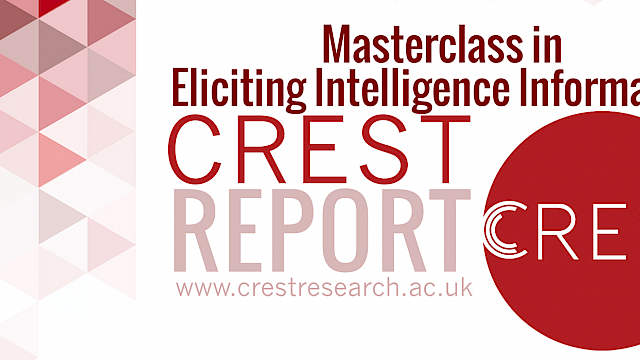
Minimal Social Exclusion: A Means to Increased Information Gain in Human Intelligence Interviews?
This project comprises a series of experimental studies to address the challenge of increasing the willingness of interviewees and informants to share reliable information with law enforcement and security/intelligence agencies by testing the impact of minimal social exclusion in pre-interview/pre-debrief procedures. The intervention is based on the well-established finding that even a short period of being or feeling ostracised makes an individual more eager to work with others.
The project will include the following elements:
- Literature review
- Experiment 1, testing participants’ inclination to share information that it is in their interests to keep hidden with or without a social exclusion manipulation
- Experiment 2, as Experiment 1 but with a terrorism-relevant scenario
Research questions
- Does a brief episode of social rejection increase individuals’ proclivity to share sensitive information in an interview setting?
Project resources
Academic Publications
Eliciting Human Intelligence: The Effects of Social Exclusion and Inclusion on Information Disclosure
Eliciting information from semicooperative sources presents a major challenge in investigative and intelligence settings. This research examines the role of the human need to belong in individuals' willingness to disclose critical information. We hypothesised that social exclusion would exert a threat to individuals' need to belong and self‐esteem, which would make them strive for social reconnection through sharing information with others. In two experiments (N = 150 and N = 135), social exclusion and inclusion were manipulated before participants were given the opportunity to disclose critical information in a semicooperative game setting (Study 1) or a mock intelligence interview (Study 2). Social exclusion did not influence information disclosure in any of the experiments. Instead, however, social inclusion unexpectedly increased information disclosure in the interview setting. We conclude that prior social experiences can influence the outcome of subsequent interviews, but the precise mechanisms underlying such influence are currently unknown.
(From the journal abstract)
Karl Ask, Emma Ejelöv, and Pär Anders Granhag. 2019. ‘Eliciting Human Intelligence: The Effects of Social Exclusion and Inclusion on Information Disclosure’. Journal of Investigative Psychology and Offender Profiling, 16 (1): 3–17. https://doi.org/10.1002/jip.1516.
